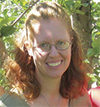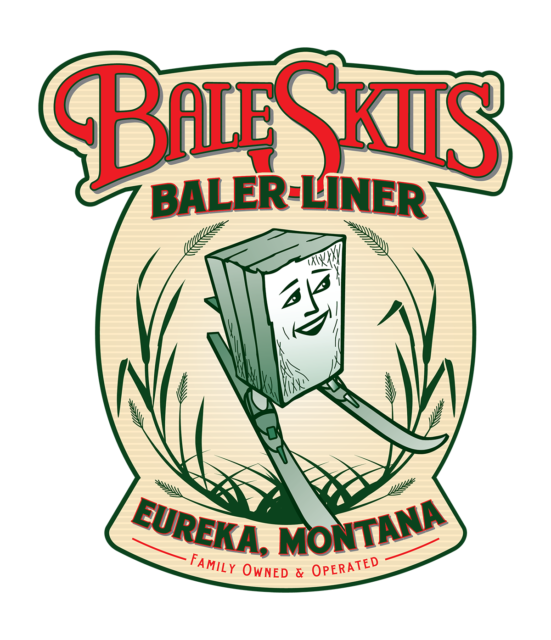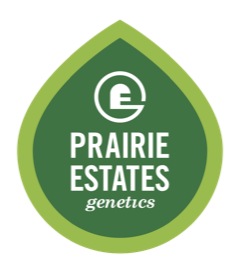“Trust no one.” “Always trust your instinct.” “Trust in the Lord your God with all your heart.” There are people who have betrayed us who we can’t trust, and there are others whom we would give our PIN number. As we look at our farms, how much trust do you have with your family, business partners, employees and even your advisory team?
This theme of trust has been a focus of mine for the past year. It all started when my husband and I attended the New Leaders event sponsored by CHS, a farmer-owned cooperative. David Horsager, author of The Trust Edge, was the speaker, and the things he said really struck a cord with me. Then I participated in Stephen Covey’s The Speed of Trust training at work. The college president, Dr. Jason Wood, brought the program to Southwest Technical College a couple of years ago. As I put the lessons learned to work in all aspects of my life, I realized that as dairy farmers, trust is a character trait that we rely on in every aspect of keeping our farms profitable.
Picture all the people you come into contact with regarding your farm: family members, business partners, employees, veterinarians, nutritionists, agronomists, representatives from genetic companies and bankers – just to name a few. We rely on these people to help us make decisions that will keep our farms profitable and moving forward. Instead of rely, maybe I should say we trust these people. There is so much knowledge and skill needed to make our farms run that we have to trust these people are providing us with the right information to make decisions.
We have to trust our employees are going do their job correctly. We have to trust everyone we are working with has a similar goal regarding the future of the farm. But do you have trust in them? Can your employees and business people trust you? When people working together trust each other, the speed at which things get done and results are seen goes up. Trust is referred to as the hidden variable when applying it to strategy and execution to get results.
What are the results you are seeing on your farm? If there is longevity of employees, advisers who have been with the farm through generations, high components, low SCC and animal health issues, high conception rates and low calf death loss, then chances are you are reaping the results of high-trust relationships. Covey refers to positive results as trust dividends. These results on the farm are similar to general trust dividends like accelerated growth, enhanced innovation, improved collaboration, stronger partnerships and better execution.
The opposite of these dividends are trust taxes such as turnover, customer churn, fraud, redundancy and disengagement, or maybe it’s low components, high SCC, cattle health issues and constantly switching advisers. Most farmers don’t like to pay taxes, and when it comes to taxes related to trust and the results we are seeing on our farms, we definitely don’t like them.
Trust in general is based on what Covey calls the “four cores of credibility” – integrity, intent, capabilities and results. He uses the picture of a tree to explain these. The roots of the tree represent a person’s character (integrity and intent), while the top of the tree represents one's competence (capabilities and results). As you think about these four cores, think of the people you deal with on your farm.
Are your advisers helping your farm get ahead, or are they just trying to make a buck selling you the newest and latest trend in the industry? When you try something they suggest, are you seeing results and are they following through assisting you? Or do they keep giving you excuses as to why you are not seeing changes in milk components or the health of your cows? Do your employees feel like you care about them and how hard they work to help the farm have good results?
I know these are a lot of questions to answer, but how you answer them may cause you to do some reflection about your farm and if you can really trust the people you are working with. More importantly, can they trust you? Evaluate yourself as well. What does your character and competence say about you?
The Speed of Trust recognizes the following as the 13 behaviors of high trust. These behaviors include:
- Talk straight
- Demonstrate respect
- Create transparency
- Right wrongs
- Show loyalty
- Deliver results
- Get better
- Confront reality
- Clarify expectations
- Practice accountability
- Listen first
- Keep commitments
- Extend trust
By using these behaviors in our life we can develop, restore and extend trust in all our relationships.
When you have trust, everything else falls into place and moves quickly and smoothly, allowing our farms to keep advancing and feeding the world. ![]()
More information on The Speed of Trust program can be found here. Information discussed in this blog came from The Speed of Trust Foundations workshop participant workbook. Learn more about The Trust Edge at David Horsager’s website.

-
Christina Winch
- Dairy Producer
- Fennimore, Wisconsin
- Email Christina Winch






